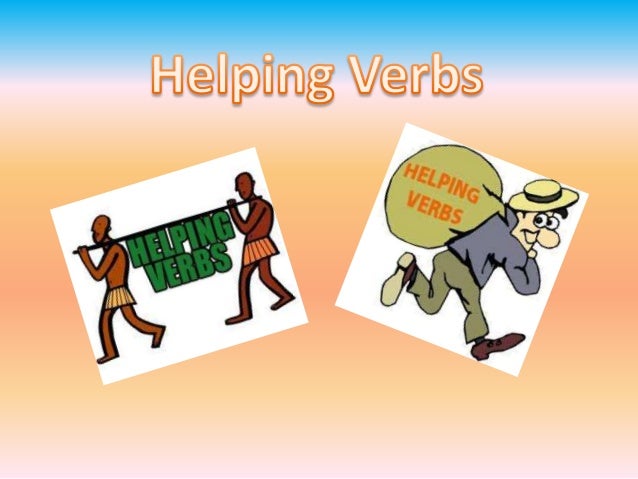#BasicEnglishGrammar @BasicEGrammar explains #HelpingVerbs (ie #Auxiliary- to the #Notional-Verb) | #Notion #SuffixAL
Well, 'they explain' at the article linked-to through "those words" below.
What I show here is 'the group of words' that give "those words" a place to connect to your vocabulary ... deeper sources that firm the foundation upon which our lexicon stands ...
The word “Auxiliary” is built on ancient words that mean "to Increase (like Augment or August)" (also evolving into words that mean "to Aid, Help, Support).
The word “Notional” (a term also used in Economics & -also meaning "Full of Whims, Dealing in Imaginary Things, or Pertaining to- or Expressing a Notion or Notions") is built on ancient words that mean "Notion + -al."
The word “Notion” is built on ancient words that mean "to Know (|Act of Thinking, Conception)."
The suffix “-al” is built on ancient suffixes that either turn nouns-or-verbs into Adjectives, turn verbs into Action Nouns, or indicate the presence of |Aldehyde in a Chemical Compound.
B.E.G. lists the words and explains their auxiliary function at their link above. If I list them here, I'll eventually link them each to posts based on their notional meanings (mostly tenses or senses of "Do" or "Be"):
- am, is, are
- was, were
- be, being, been
- did, do, does
- have, has, had
- may, might, must
- can, could
- shall, should
- will, would
These 'come up' because--looking at Bible 'interlinear translations' (i.e. looking at it word-by-word)--I see that a lot of the words are ... not "added" by the translators (as that would sound like I'm accusing them of 'the cardinal sin' of "adding to The Word" 😒), but these words are 'realized' by the translators---when the notional verb is in a tense that implies the #auxiliaries ...

Comments
Post a Comment
I appreciate your comment, and I'll probably approve it & publish it soon (give me about a week before you try to post it again when it doesn't publish immediately ... thanks)